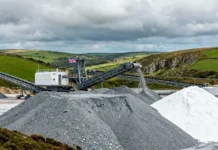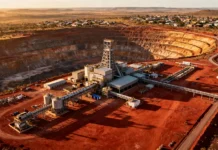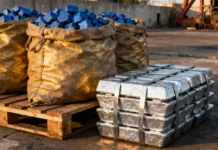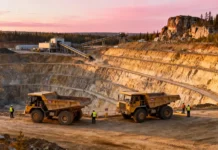Researchers at North Carolina’s Duke University have started a new study to find out the effect of gas exploration and gold mining on human health and water resources in Peru.
The study will examine the risks associated with drilling and mining on indigenous Harakmbut, Yine and Machiguenga people living in and around the Amarakaeri Communal Reserve, located in the Madre de Dios region of Peru.
Since ancient times, the Madre de Dios region has been explored via small-scale artisanal mining.
However, amid the rising gold prices and search for new gold deposits, mining operations have expanded around the reserve, depleting its forests and floodplains.
Duke University assistant professor William K Pan said: “Our primary objectives are to establish baselines for human health and environmental conditions in and around Amarakaeri before exploratory drilling begins, and to monitor these indicators over time to see how continued mining and expanded drilling may affect key indicators.”
In addition to assessing human health, the researchers will also conduct hydrological assessments to find out the potential impacts of gas extraction and gold mining on the region’s hydrological cycle and water resources.
“This information, much of which currently is critically lacking, is essential for developing long-term strategies for development in the region,” Pan added.
“For example, creating reliable hydrological and transport models within the Madre de Dios region will help us better understand mercury distribution and exposure from mining activities and eventually the effect drilling will have in altering this distribution.”
The study has already received $1.9m funding from Hunt Oil Company and is expected to receive around $1.7m a year in funding for the next three years to discover gas in the area.





















